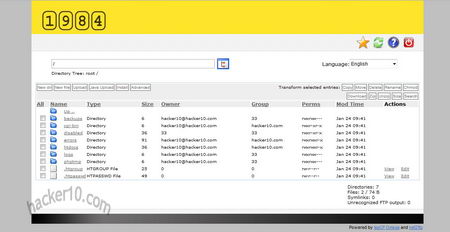Protected Trust email encryption allows for real time email traceability with auditing logs recording who read the email and what they did with it, messages can be set to expire after a certain date so that they are no longer available or cancelled if they have been sent to the wrong person. Emails are encrypted with a unique symmetric key using AES256 then sent to Protected Trust servers, data never leaves the organisation computers unencrypted. If you email anybody not using the Protected Trust email service they will receive a link to read the message securely stored in the server.
The content is made available to the recipient until expiration, retrieved with a shared secret that can consist of a known password or receiving a PIN to your phone number. Cryptographic hashing makes sure that emails have not been tampered with or damaged in transit.

This email service is directed towards companies that need to comply with data privacy laws, it will cover legal liabilities if anything goes wrong and allows for accurate message tracking in case of security incidents. You can keep your current email provider and address, emails are easily sent using a Microsoft Outlook plugin that adds an encryption button to the interface, via Protected Trust web based portal supporting all major browsers (IE, Chrome, Firefox) or from a mobile device (BlackBerry, Android, iPhone, Windows Mobile).
Protected Trust complies with the Health Insurance Portability and Accountability Act (HIPAA) regulating how patient data must be protected, financial institutions also need to comply with Government regulations regarding non-public data. The free version of Protected Trust is limited to just a few messages per month and requires phone verification of your account.









